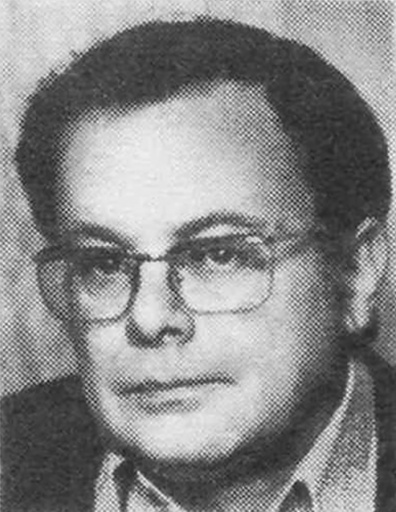
Berlin has lost a notable figure in journalism with the passing of Ulrich Renz, a former head of the German-language service for a major news agency and a reporter well-known for covering the Auschwitz trials during World War II. Renz passed away at 90 years of age on Monday, with information about his death confirmed by his longtime friend and former colleague, Peter Gehrig. The cause of death has not been disclosed.
Affectionately known as “Uli,” Renz began his career with the news agency in Germany in 1971 after working at United Press International. He started on the foreign desk and went on to lead the German-language service in Frankfurt from 1986 until 1992. This service was established after World War II to promote a free press and bolster democracy in West Germany. It was sold to the German news agency DDP in 2009.
Born in Stuttgart in 1934, Renz grew up in Giengen an der Brenz, a rural village in southwestern Germany. After completing his secondary education, he began his journalism career at the Heidenheimer Zeitung before transitioning to UPI in 1959. Throughout his extensive career, he concentrated on reporting on significant legal matters, notably those involving the Federal Constitutional Court, and extensively covered the trials of former Nazis, including the infamous Auschwitz trials.
The Auschwitz trial, which took place from 1963 to 1965, was monumental, bringing to justice 22 individuals linked to the operations of the Auschwitz concentration camp in Nazi-occupied Poland. It was the first major trial dealing with Nazi war crimes following the earlier Nuremberg trials, and it played a pivotal role in encouraging West Germany to confront its dark history during and after the Nazi regime.
Following his retirement in 1992, Renz shifted focus to research about Georg Elser, a carpenter who attempted to assassinate Hitler. Elser’s plot was thwarted when Hitler left a meeting just moments before a bomb detonated. Renz authored several publications on Elser’s life and his assassination attempt, garnering respect from academics and politicians alike. His efforts earned him the notable German Cross of Honor.
Gehrig shared that Renz’s dedication to researching Germany’s Nazi history was influenced by his own father’s reluctance to discuss his involvement as a civilian administrator during the war. At a time when many Germans preferred to distance themselves from this troubling past, Renz was among the few willing to confront it head-on.
Terrence Petty, a former AP correspondent in Bonn, remembered Renz as a source of inspiration for those who valued journalistic integrity and the pursuit of difficult truths.
In addition to his professional pursuits, Renz found joy in cycling, exploring coffee shops in Frankfurt, and reading, although his eyesight had recently begun to fail. He is survived by his son, daughter-in-law, and granddaughter, leaving behind a legacy of thoughtful reporting and historical inquiry.
